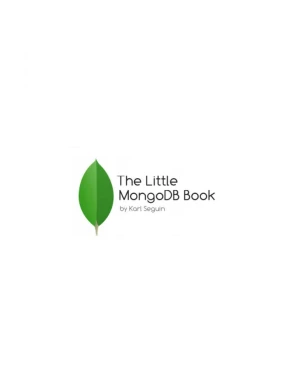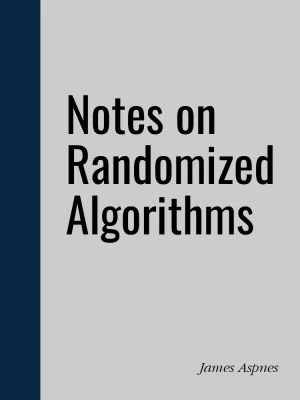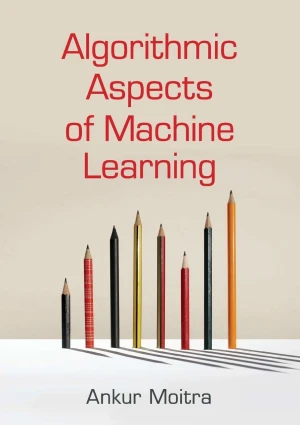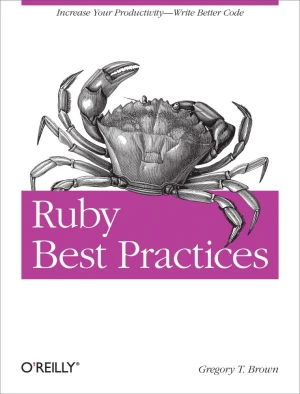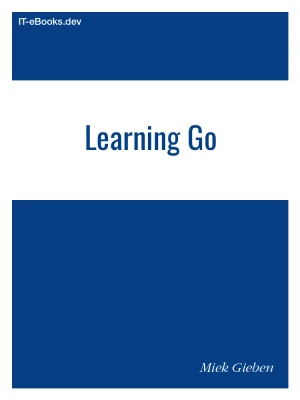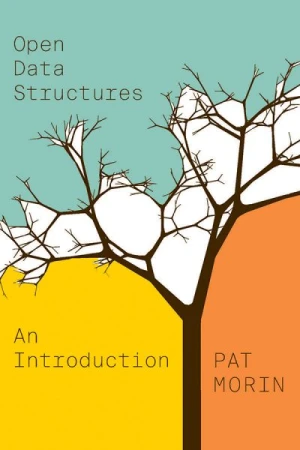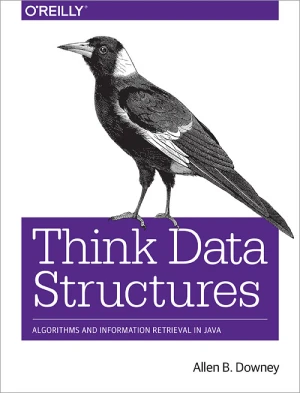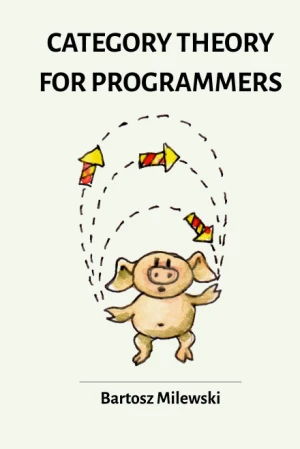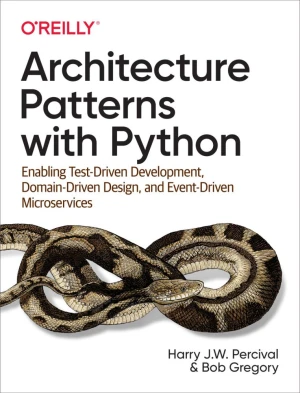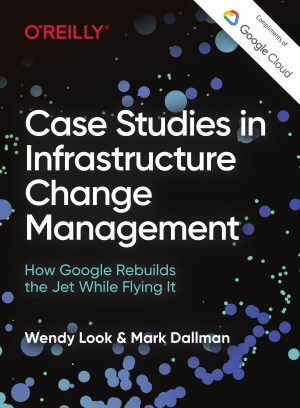Go Books
The Little MongoDB Book
Karl Seguin is a developer with experience across various fields and technologies. He's an expert .NET and Ruby developer. He's a semi-active contributor to OSS projects, a technical writer and an occasional speaker. With respect to MongoDB, he was a core contributor to the C# MongoDB library NoRM, wrote the interactive tutorial mongly as well as t
Notes on Randomized Algorithms
Lecture notes for the Yale Computer Science course CPSC 469/569 Randomized Algorithms. Suitable for use as a supplementary text for an introductory graduate or advanced undergraduate course on randomized algorithms. Discusses tools from probability theory, including random variables and expectations, union bound arguments, concentration bounds, app
Algorithmic Aspects of Machine Learning
This book bridges theoretical computer science and machine learning by exploring what the two sides can teach each other. It emphasizes the need for flexible, tractable models that better capture not what makes machine learning hard, but what makes it easy. Theoretical computer scientists will be introduced to important models in machine learning a
Ruby Best Practices
How do you write truly elegant code with Ruby? Ruby Best Practices is for programmers who want to use Ruby as experienced Rubyists do. Written by the developer of the Ruby project Prawn, this concise book explains how to design beautiful APIs and domain-specific languages with Ruby, as well as how to work with functional programming ideas and techn
Learning Go
This is an introduction to the Go language from Google. Its aim is to provide a guide to this new and innovative language. The intended audience of this book is people who are familiar with programming and know multiple programming languages,be it C, C++, Perl, Java, Erlang, Scala or Haskell. This is not a book which teaches you how to program, thi
Open Data Structures
Offered as an introduction to the field of data structures and algorithms, Open Data Structures covers the implementation and analysis of data structures for sequences (lists), queues, priority queues, unordered dictionaries, ordered dictionaries, and graphs. Focusing on a mathematically rigorous approach that is fast, practical, and efficient, Mor
Think Data Structures
If you're a student studying computer science or a software developer preparing for technical interviews, this practical book will help you learn and review some of the most important ideas in software engineering - data structures and algorithms - in a way that's clearer, more concise, and more engaging than other materials. By emphasizing practic
Category Theory for Programmers
Category Theory is one of the most abstract branches of mathematics. It is usually taught to graduate students after they have mastered several other branches of mathematics, like algebra, topology, and group theory. It might, therefore, come as a shock that the basic concepts of category theory can be explained in relatively simple terms to anybod
Architecture Patterns with Python
As Python continues to grow in popularity, projects are becoming larger and more complex. Many Python developers are taking an interest in high-level software design patterns such as hexagonal/clean architecture, event-driven architecture, and the strategic patterns prescribed by domain-driven design (DDD). But translating those patterns into Pytho
Case Studies in Infrastructure Change Management
The Infrastructure Change Management (ICM) program at Google drives migrations, deprecations, and other large-scale infrastructure changes. Case studies in this book explore how infrastructure change projects are managed at Google. From these case studies, we'll provide insight into lessons learned from these different approaches, and provide an ov

